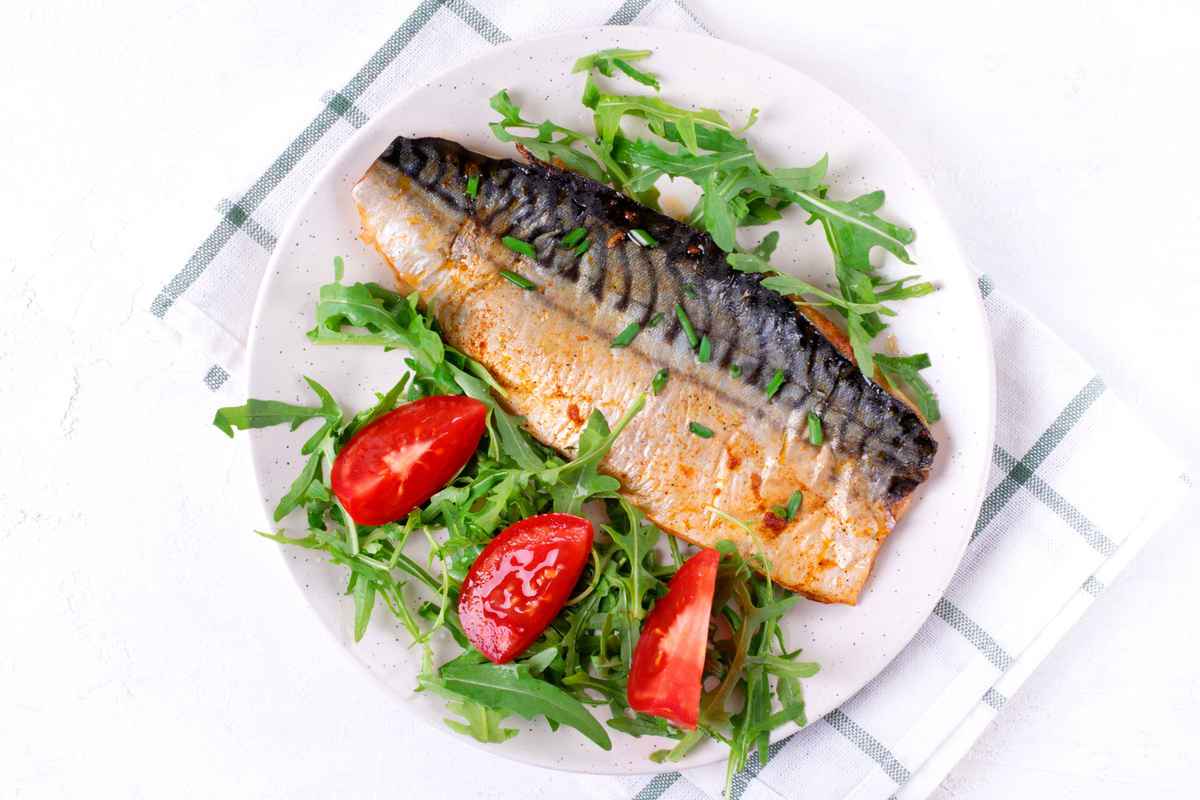Sports Nutritionist Rob Hobson discusses the impact of female hormonal health and hormone cycle on sports performance.
Women have an approximately monthly hormone cycle governed by fluctuations in their reproductive hormone levels. By contrast, men work on a 24-hour hormone cycle wherein testosterone peaks in the morning and lowers throughout the day, hitting its lowest point in the evening.
How does the menstrual cycle impact performance?
Premenstrual syndrome (PMS) is a combination of mood, behavioural and physical changes experienced by some women between 2-14 days before menstruation (e.g., premenstrual phase). Psychological symptoms include tension, depressed mood, irritability, tearfulness, mood swings, and physical complaints, such as abdominal cramps, breast tenderness, and bloating.1
Symptoms are often mild but can be severe enough to affect daily activities, including exercise training substantially.1 Studies report that PMS can cause athletes to feel "out of action," "demotivated', and "sluggish during training".2 Although not directly assessed in terms of the effects of PMS on exercise performance per se, studies report that around 40% of female athletes feel that training and performance are impaired due to premenstrual symptoms.3
The impact of nutrition on women's health, training and performance
The impact of physiology on women's health, training and performance
Dietary advice for athletes suffering from PMS:
- Reduce intake of refined sugar, salt, red meat, and alcohol
- Eat oily fish, poultry, and green leafy vegetables
- Reduce intake of coffee, tea, chocolate, and cola drinks
- Reduce intake of unhealthy fats found in processed foods
- Increase intake of fibre in the form of green leafy vegetables and fruits
- Consider supplements such as evening primrose oil and vitamin B6, which may assist with alleviating PMS

Eating more oily fish, leafy green vegetables and fruit may help those suffering with PMS.
Coaches may easily overlook the topic of PMS for several reasons, including:
- Embarrassment on the part of the coach and fear of embarrassing the athlete
- An assumption that the athlete would mention it if it were a problem
- Being unsure whether it is either appropriate or necessary to raise the topic
- A lack of confidence or knowledge about the potential impact of the menstrual cycle on athletic performance
- Fear of offending, especially for cultural reasons
- Some coaches have never thought about it.
Awareness of these health issues needs to be made aware to coaches, and strategies should be put in place, which may involve dietary changes or scheduling training sessions to include more rest days at certain times of the month.
Dr Emma O'Donnell, Exercise Physiologist at Loughborough University, says, "Further research on how the ovarian hormones affect sporting performance is required if coaches are to provide the best training stimulus to achieve optimal adaptation. It is likely that recording and tracking a player's cycle will have a positive impact on performance and start the all-important conversations on menstrual health."
How does menopause impact performance?
Most notably, discussions around this topic are focused on endurance sports. A master's athlete is generally considered to be someone over the age of 40 years. One of the fastest growing categories in endurance events is the master's athlete, which includes well-seasoned professional athletes and those new to the sport. There are more considerations for older athletes, and one for women is the impact of menopause.
Marked hormonal changes are seen during menopause, most notably, the decline in oestrogen levels. Women are at an advantage in endurance sports due to enhanced fat oxidation, which 'spares' the carbohydrate stores in the body,4 influenced by oestrogen. Hormonal changes during menopause can have an unfavourable effect on female athletes.
Dr Emma O'Donnell says, "the loss of oestrogen during menopause is linked with unfavourable changes in energy metabolism, including increases in body fat and decreases in exercise capacity. Such effects are associated in part with decreased endurance performance in oestrogen deficient perimenopausal and post-menopausal women compared with oestrogen replete pre-menopausal women".









